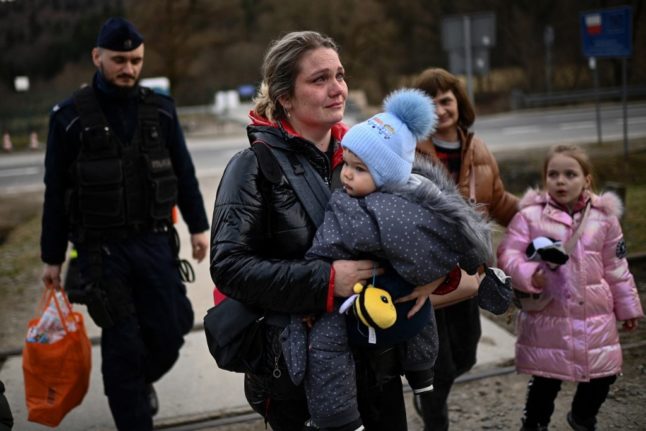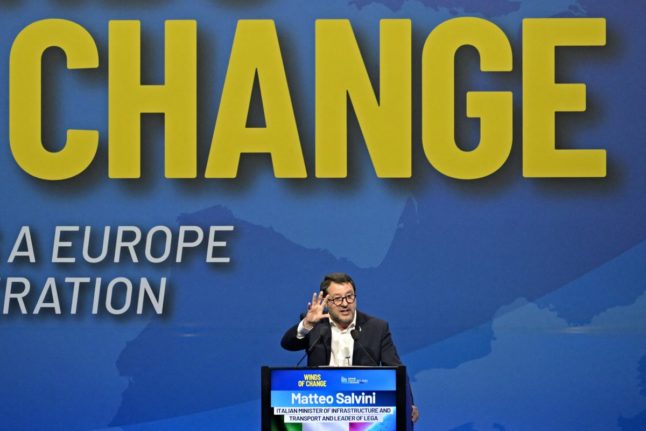“The next few weeks will be crucial to resolving the situation,” Di Maio said after a virtual meeting involving Turkey and Lebanon among other countries, as well as G7 president Germany and the UN’s Food and Agriculture Organisation.
“I want to say clearly, we expect clear and concrete signals from Russia, because blocking grain exports means holding hostage and condemning to death millions of children, women and men.”
READ ALSO: How Italy is housing Ukrainian refugees in seized mafia properties
Ships loaded with grain remain blocked in Ukraine, which before Russia’s February invasion was considered a global breadbasket as a leading exporter of corn, wheat and sunflower seeds.
Lebanon’s Foreign Minister Abdallah Bou Habib told the meeting that rises in the price of fuel and other basics were exacerbating the crisis in his country.
“The war in Ukraine must stop at any cost,” he said, adding that if it could not, “concerned parties… must be pressured to allow the safe export of grains and other commodities without any delay.
Explained: Why and how Italy will pay for Russian gas in rubles
“The world cannot continue to be at the mercy of military crises in Europe or other regions of the world.”



 Please whitelist us to continue reading.
Please whitelist us to continue reading.
Member comments